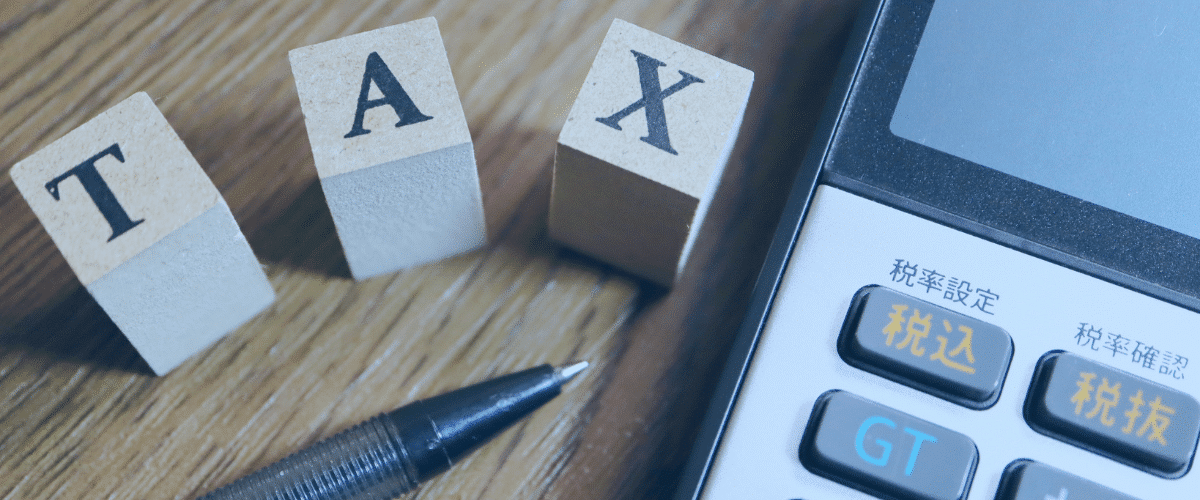- Ex-Works and Ex-Factory
When a company engages in business with a customer located overseas, it’s easy to assume that because the transaction is considered an export, it is exempt from taxation. It is also often presumed that consumption tax for any accompanying domestic expenses is eligible for refund.
You may already be familiar with the term tax-free export, but it’s important to be aware of the pitfalls.
In some instances, even tax-free exports are not tax-exempt. A lot of businesses find navigating the specifics surrounding consumption tax to be challenging. Even tax accountants find it difficult – me included! If you get a call from the taxation office, don’t give up right away. It’s worth being persistent, as the final decision boils down to the facts.
There are various types of export transactions, the most well-known being Cost, Insurance, and Freight (CIF) and Free on Board (FOB).
Transactions that start with the letters C, D, and F are safe, but be careful with those that start with the letter E, such as Ex-Works and Ex-Factory.
According to Incoterms, under CIF, the seller is responsible for all costs, insurance and freight until the international vessel reaches the destination. Once the goods reach the destination, risk is transferred to the buyer as they bear all responsibility and liability thereafter. This transaction is considered an export.
http://ja.wikipedia.org/wiki/インコタームズ
The FOB rule states that the seller assumes payment of all costs until the goods reach the departing port and are loaded onto the vessel, at which point risk is transferred to the buyer, as they assume responsibility and liability thereafter. Because the cargo is loaded onto an international vessel (or airplane), this transaction is also considered an export.
Ex-Works and Ex-Factory are the terms that we need to watch out for. According to Incoterms, under Ex-Works and Ex-Factory, the transfer of risk occurs as soon as the goods are produced and packaged. The buyer is responsible for loading the goods for transport, and must pay all freight, insurance, and bear all other risks. In other words, in these cases a foreign buyer travels all the way to the factory in Japan just to pick up their goods.
When a customer travels all the way to a factory in Japan to collect goods, this becomes a domestic transaction. The consumption tax on these goods do not quality for exemption, and tax payment is due at the end of the term.
- A simple misprint on the export permit may have significant consequences.
An export permit must be obtained from the taxation office when exporting goods. Be sure to enter the correct information. For example, if you label an FOB transaction as Ex-works, the taxation office will take note, thus complicating the transaction.
A contract should clearly state the terms of sales, i.e., “CIF: risk is transferred at the destination,” to avoid confusion. However, if this information is omitted for some reason, you will have a challenging time proving the previously agreed upon terms of sale.
For these reasons, it is very important to pay close attention to the details when obtaining an export permit.
- Precedents
Below is an example of a case brought before the National Tax Agency.
In this case, the taxation office’s decision to deny export tax exemption on a used vehicle shipped from Niigata to Russia was successfully overturned.

Please feel free to contact us
みなと国際会計事務所
Minato International Accounting Office
ACCESS
Ryumeikan Main Store 3F, 3-4 Kanda Surugadai, Chiyoda-ku, Tokyo 101-0062
copyright Accounting Intelligence



